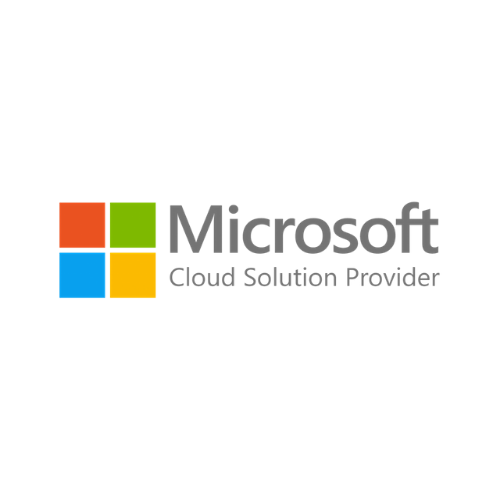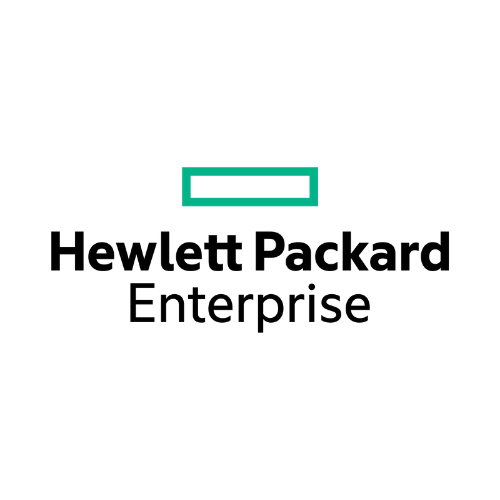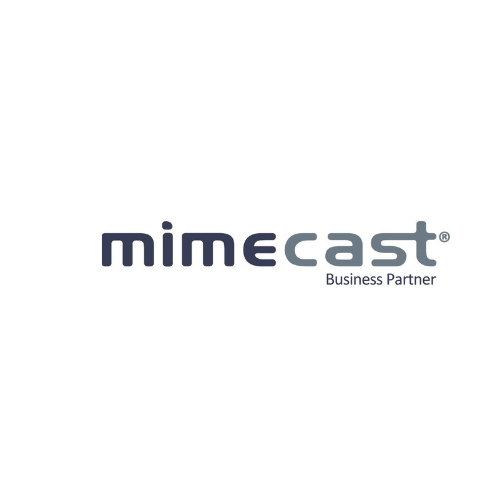Does your business have a continuity plan? If you have answered yes, then ask yourself this. Do you believe your business continuity plan can successfully deal with emergencies or unexpected events? With cyber-attacks on the rise companies must ensure that they have set a plan in the event they fall victim to a cyber-attack. The International Organization for Standardization defined “business continuity” as the capability of an organization to continue the delivery of its products or services, at acceptable predefined levels, following a disruptive incident.
Business continuity management involves several key activities:
- Identification and analysis of key products and services of the business
- Identification and analysis of the most urgent activities and processes of the business
- Identification of potential threats, and their impacts to business operations
- Devising of plans and strategies for quick and effective recovery from any disruption, and the continuation of business operations
There are quite a few benefits of having a business continuity plan:
- Will boost employees moral and their loyalty to the company
- Avoid the loss of business revenue
- Improves the overall efficiency of the organization
- Minimizes the effect of a disruption to an organization
The components of a business continuity plan:
- Strategy: Objects that are related to the strategies used by the business to complete day-to day activities while ensuring continuous operations
- Organization: Objects that are related to the structure, skills, communications and responsibilities of its employees
- Applications and data: Objects that are related to the software necessary to enable business operations, as well as the method to provide high availability that is used to implement that software
- Processes: Objects that are related to the critical business process necessary to run the business, as well as the IT processes used to ensure smooth operations
- Technology: Objects that are related to the systems, network and industry-specific technology necessary to enable continuous operations and backups for applications and data
- Facilities: Objects that are related to providing a disaster recovery site if the primary site is destroyed
Your company should take the time to test their BCP to ensure there are no weaknesses. Remember how much a disaster can affect your company if you do not have the right plan set up.

















.png)
.png)